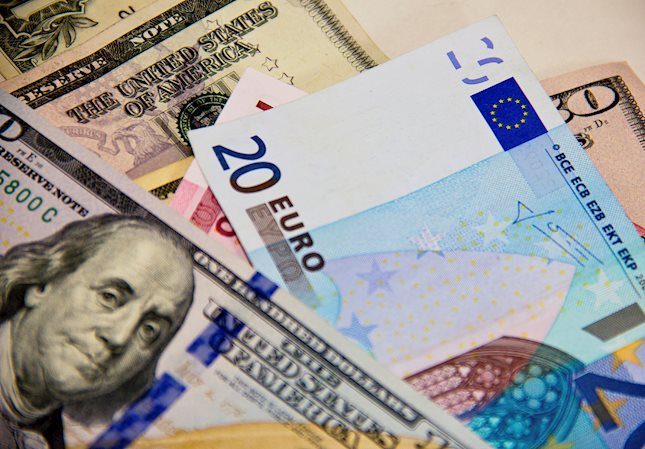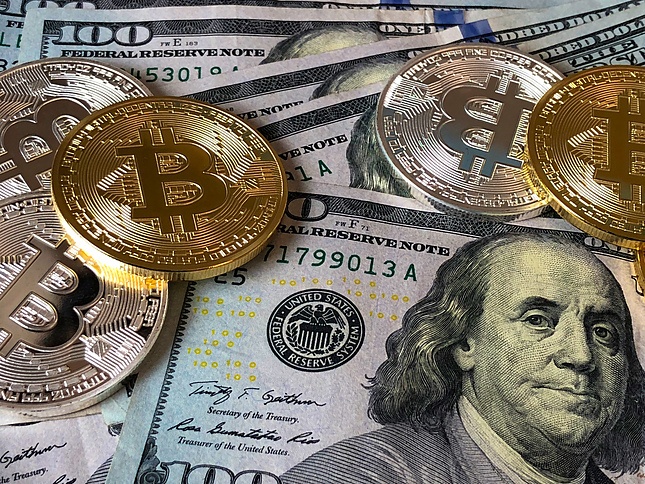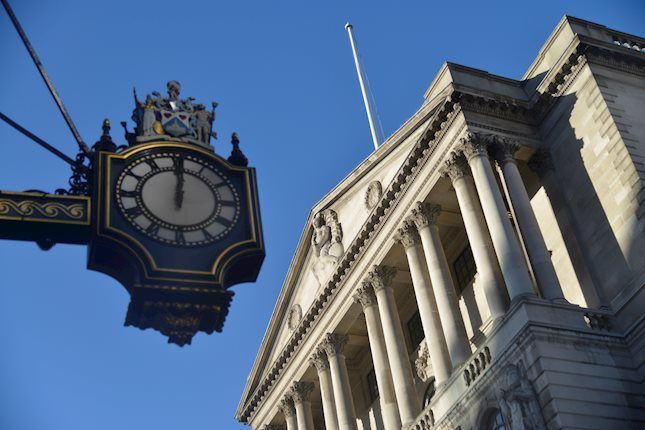The Greek economy is slowly making progress toward recovery after a deep crisis. Several indicators suggest that output will soon start to stabilize, while the economy continues to rebalance. In 2013, a primary fiscal surplus was recorded, following years of deficit. These improvements have supported a rally in Greek bond yields (Display 1), parallel to a broader easing of the sovereign-debt crisis in the euro area.
But despite these reasons for optimism, the years since 2008 have been unimaginably difficult in Greece. Output has declined by a cumulative 23%, which will take years to recover. And while policymakers have been keen to point out the economic adjustment that has taken place, this message of optimism is mostly lost on the average citizen, with unemployment at a record 28% and sharp declines in living standards.
This is the context for assessing current dynamics in Greece. An economic recovery supports a brighter outlook this year.
However, popular discontent puts critical reforms at risk. With outspoken domestic opposition to more austerity, a very thin parliamentary majority and the main opposition Syriza party riding high in the opinion polls ahead of May’s European and local elections, the Greek coalition government is becoming increasingly resistant to additional intervention and unpopular reforms. This tension has played a primary part in delays to the current bailout review, while prompting the government to oppose a third bailout and to push negotiations for debt relief.
Delays in the Review
This week, the “troika” of the European Commission, European Central Bank and International Monetary Fund (IMF) returned to Athens to resume talks over the fourth review of the country’s second bailout, approved in March 2012. The current review has been delayed since last September. According to the troika, the delays are the result of inadequate resolve by Greece to meet the bailout conditions. Greece has responded by accusing thetroika of not recognizing the political reality and continuing to push unpopular policies that have damaging economic effects.While the return of the European Union (EU) and IMF mission to Greece is a positive development, many parts of the negotiations remain unresolved. This includes action on a package of product market reforms and a decision on the scale of bank recapitalizations.
In time, we think the current review will be completed with a deal, as all previous reviews have since the first bailout in 2010. However, the timing remains uncertain. Fierce opposition to further painful adjustments has led the coalition government to proceed carefully in recent months, and policymakers will have their attention on May’s elections. So, a compromise may depend mainly on how much the EU and IMF will settle for in return for the next tranche.
We expect the troika to press Greece for results with structural reforms. In return, it may soften some terms in other areas, perhaps on the fiscal side. Such a partial resolution of differences is the most likely outcome, in our view.
A Third Bailout?
Even while the current bailout faces delays, some reports suggest that discussions have started within the EU on a third bailout packet for Greece. These are said to consider additional funds of about €10–20 billion (compared with a combined €240 billion in the first two bailouts). Greece is still financed by the present facility up until August—and indications are that formal talks on a third bailout could start late this summer.Currently, it is still unclear what exactly will happen this summer. While the EU has talked up the need for a third loan facility, Greece is adamantly opposed to this. Prime Minister Antonis Samaras has repeatedly said that a new loan facility won’t be necessary, and that private sources can fill Greece’s funding gap in 2014 and 2015. To be fair, Greece’s additional requirements for the next two years—estimated by the IMF at €11 billion—are not insurmountable. However, with 10-year bond yields still at 7.0%, this will depend on a continued rally in sentiment and yields. The finance ministry has pledged to prove to creditors that it can succeed in its bond issue, with a private placement scheduled for the second half of 2014.
Even if the bond placement succeeds, it is not clear that this would be adequate to convince European creditors that Greece has regained market access. What’s more, if Greece cannot access markets and needs additional bailout loans, this may lead to political problems.
As the government has campaigned for May’s elections partly on the promise that Greece would exit its bailout, it would face a dilemma if this did not happen. Vocal opposition from parties like Syriza would strengthen. While in such a scenario the EU would probably work with Greece to find the most politically acceptable solution—likely to include debt relief and easier conditionality—even this might not prevent some risk of fallout.
New Hopes for Debt Relief
Against this backdrop is the encouraging news that additional debt relief may be confirmed later this year, supporting the recent rally in Greek yields. The government hopes that once a relief deal is finalized, this will help its return to capital markets and will in addition drive up local poll support.What would debt relief entail? EU officials have spoken of additional interest-rate reductions and loan extensions. While these would help, we don’t think the impact on debt sustainability would be very significant. What would help more -and what the Greek government has requested in the past—is a principal write-down on the EU loans (that total 59% of public debt). However, there is still a deep-seated aversion from the creditors, especially Germany, to principal losses on the loans—and this position is unlikely to change. Without a resolution of this issue, and with Greece’s debt/GDP ratio at 172% in the third quarter of 2013, significant doubts about the longer-term sustainability of debt will persist.
Economic Recovery Inches Ahead
Despite these challenges, we expect an economic recovery to take shape in Greece during 2014. The survey data already point to stabilization in output and the hard GDP data are starting to contract at a slower pace. However, these are small steps in the context of the severe hardships of recent years.Moreover, political risk remains high. As opposition to the bailouts has strengthened, political brinksmanship risks delays to reforms which could undermine market sentiment. In an adverse scenario, early parliamentary elections cannot be ruled out. This is a risk we will be monitoring very closely as the year unfolds—particularly after the local and European elections in May, which could see a damaging blow to the coalition government’s support.
Recommended Content
Editors’ Picks

EUR/USD extends recovery beyond 1.0400 amid Wall Street's turnaround
EUR/USD extends its recovery beyond 1.0400, helped by the better performance of Wall Street and softer-than-anticipated United States PCE inflation. Profit-taking ahead of the winter holidays also takes its toll.

GBP/USD nears 1.2600 on renewed USD weakness
GBP/USD extends its rebound from multi-month lows and approaches 1.2600. The US Dollar stays on the back foot after softer-than-expected PCE inflation data, helping the pair edge higher. Nevertheless, GBP/USD remains on track to end the week in negative territory.

Gold rises above $2,620 as US yields edge lower
Gold extends its daily rebound and trades above $2,620 on Friday. The benchmark 10-year US Treasury bond yield declines toward 4.5% following the PCE inflation data for November, helping XAU/USD stretch higher in the American session.

Bitcoin crashes to $96,000, altcoins bleed: Top trades for sidelined buyers
Bitcoin (BTC) slipped under the $100,000 milestone and touched the $96,000 level briefly on Friday, a sharp decline that has also hit hard prices of other altcoins and particularly meme coins.

Bank of England stays on hold, but a dovish front is building
Bank of England rates were maintained at 4.75% today, in line with expectations. However, the 6-3 vote split sent a moderately dovish signal to markets, prompting some dovish repricing and a weaker pound. We remain more dovish than market pricing for 2025.

Best Forex Brokers with Low Spreads
VERIFIED Low spreads are crucial for reducing trading costs. Explore top Forex brokers offering competitive spreads and high leverage. Compare options for EUR/USD, GBP/USD, USD/JPY, and Gold.